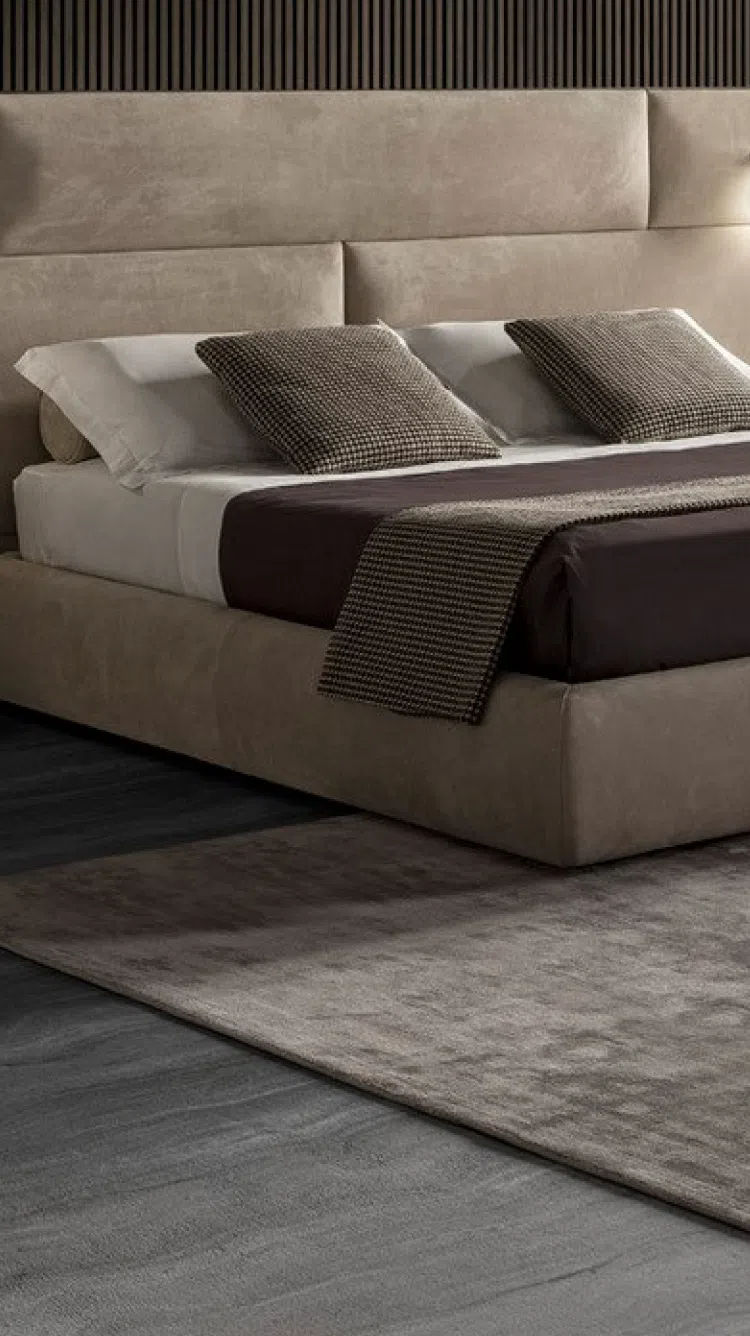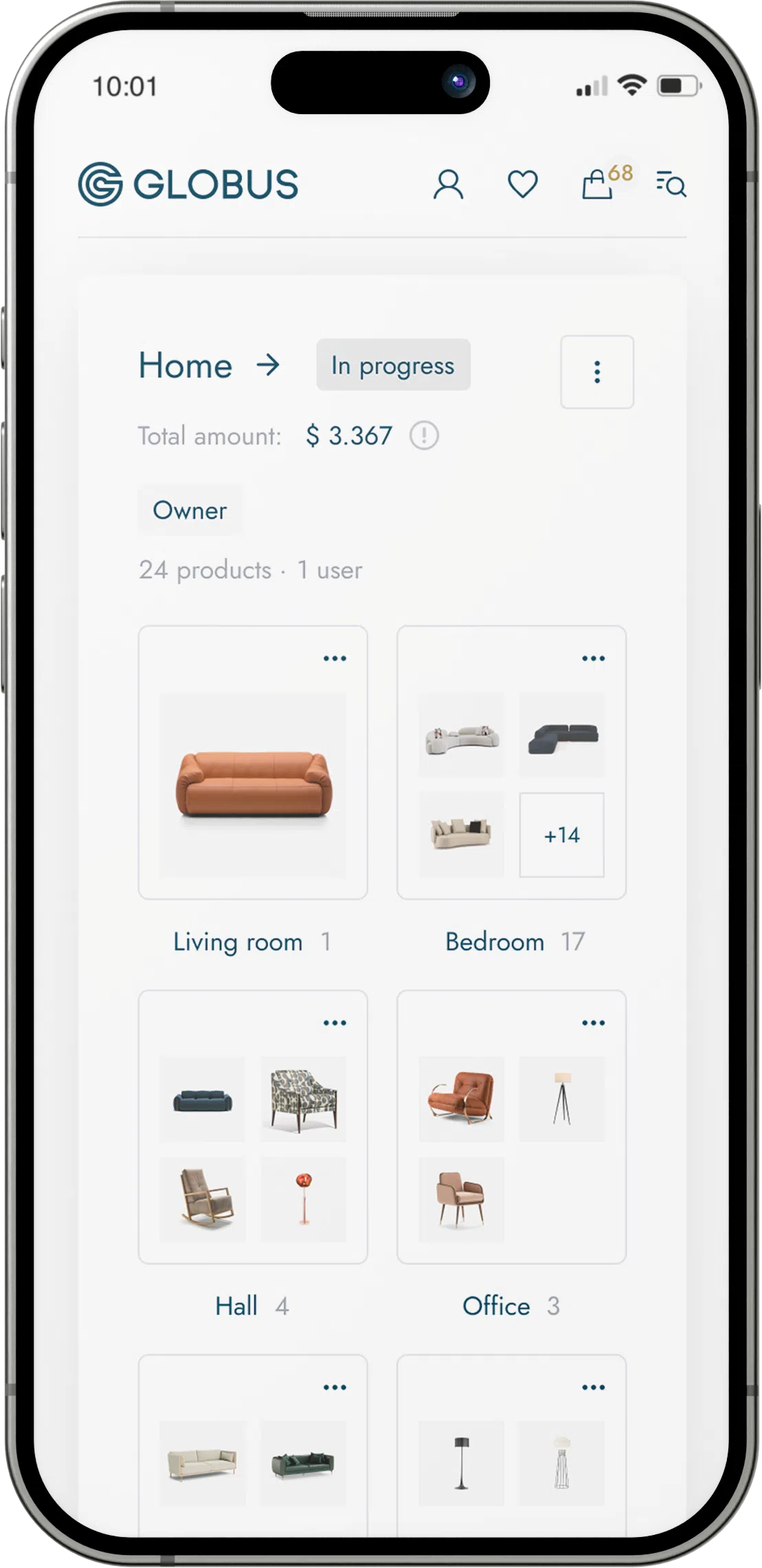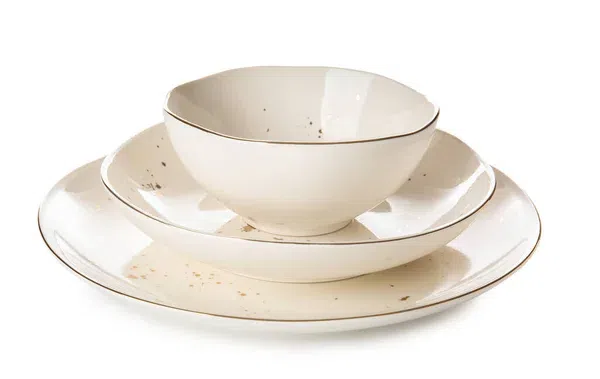Porcelain is a ceramic material known for its strength, durability, and aesthetic appeal. It is made by heating materials, primarily kaolin (a type of white clay), in a kiln to high temperatures ranging from about 1200 to 1400 degrees Celsius. This process, known as vitrification, causes the material to become glass-like and partially translucent, giving porcelain its characteristic look and feel.
In the context of furniture, porcelain may not be the primary structural material but is often used for decorative elements, tabletops, and tiles. Here's a detailed description of its properties, usage, and considerations within the furniture industry:
Properties:
Durability: Porcelain is known for its hard and dense structure, which makes it extremely resistant to scratches, chips, and cracks. It's also less likely to suffer damage from the wear and tear typical of furniture use.
Water Resistance: The vitrification process used in manufacturing porcelain makes it non-porous and highly resistant to water and other liquids. This makes it an excellent choice for outdoor furniture surfaces or areas that are prone to spills.
Heat Resistance: Porcelain can withstand high temperatures without suffering damage, which makes it suitable for surfaces that might come into contact with hot objects.



